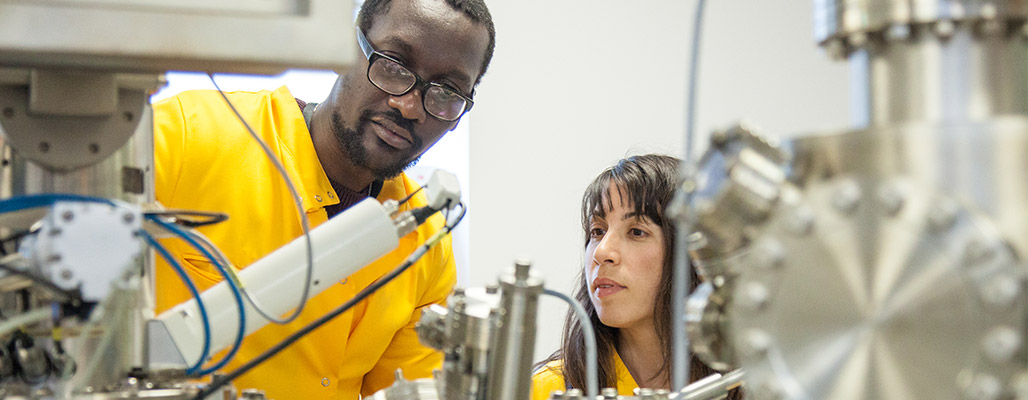Course Overview
Do you have a degree in cell and molecular biology, biochemistry, genetics, pharmacology, pharmacy, medical engineering or physics? Do you have aspirations to apply this knowledge in the medical or life sciences field? Nanomedicine could be the degree for you. Enhance your career prospects by studying Nanomedicine.
Nanomedicine is the interface of clinical medicine, pharmaceutics, regenerative medicine and nano(geno) toxicology. Increasing demand and awareness of nanotechnology applications in Medicine has lead to the emergence of Nanomedicine. Capitalising on the £22m infrastructure investment in the Centre for Nanohealth (CNH).
Suitable for anyone with a life sciences facing degree who is targeting industry facing employment in pharma or research careers through PhDs, students will tackle nano-enabled innovation in molecular medicine, drug development, advanced drug delivery and imaging/diagnostics. Pharmaceuticals and advanced therapeutics is embedded across these themes. In addition we have two focus areas, being Regenerative medicine (incorporating biomaterials) and nano(geno) toxicology which map to the core research themes of the School. These areas are furnished by expertise from the colleges of engineering and science, culminating in a multidisciplinary laboratory based research project underpinned by dedicated statistics/informatics modules and research design/ethics.





